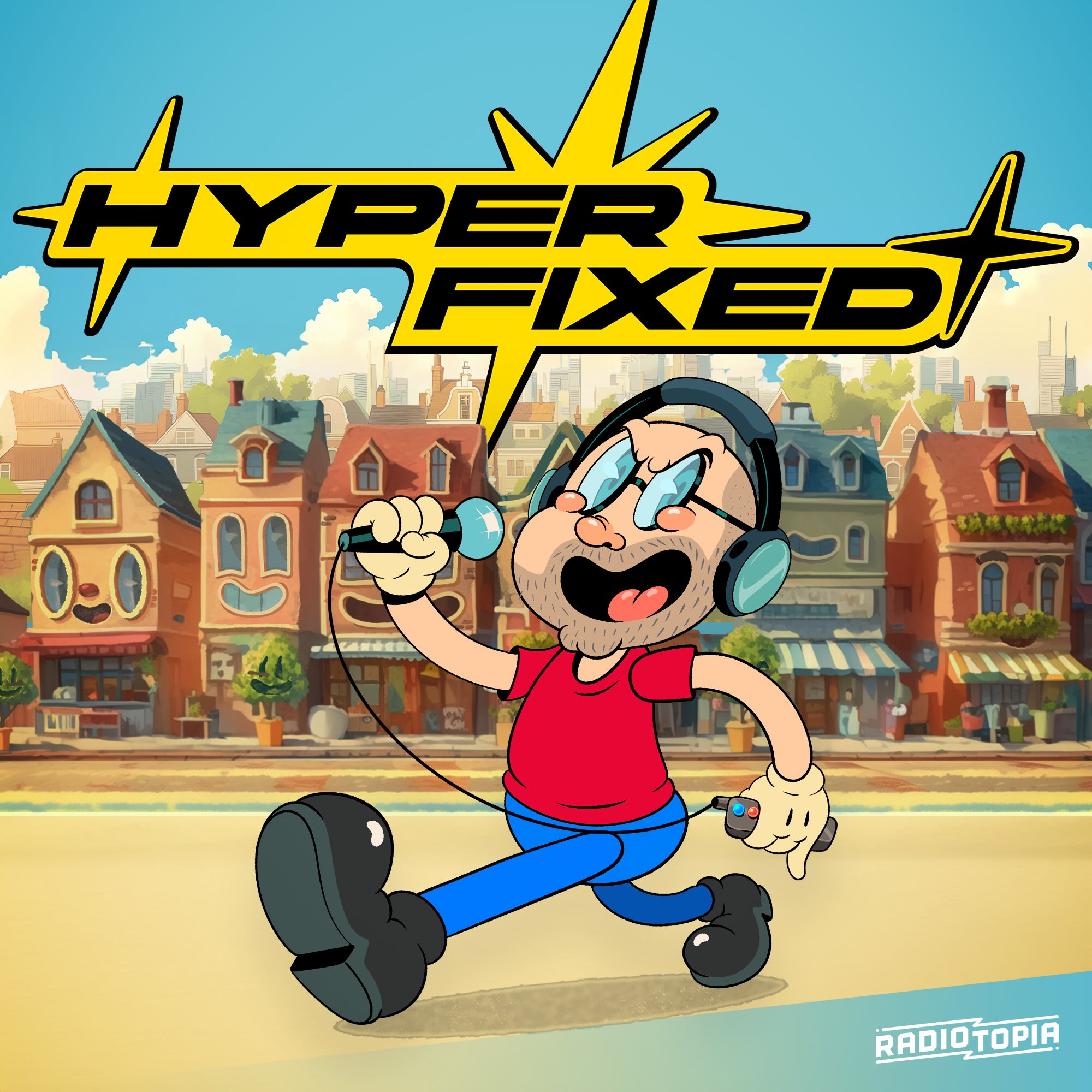The Thing About Losing Everything
Ali's house burnt down in this year's Los Angeles fires and took her entire life with it. Well almost her entire life. And she wants our help to make sure she doesn't lose one of the few precious things that survived the fire.
Becoming a premium member helps Hyperfixed continue to exist! Sign up for bonus episodes, access to our discord forthcoming exclusive merchandise, and more!
https://www.hyperfixedpod.com/join
Learn about your ad choices: dovetail.prx.org/ad-choices
Press play and read along
Transcript
Transcript is processing—check back soon.
Hyperfixed — The Thing About Losing Everything
